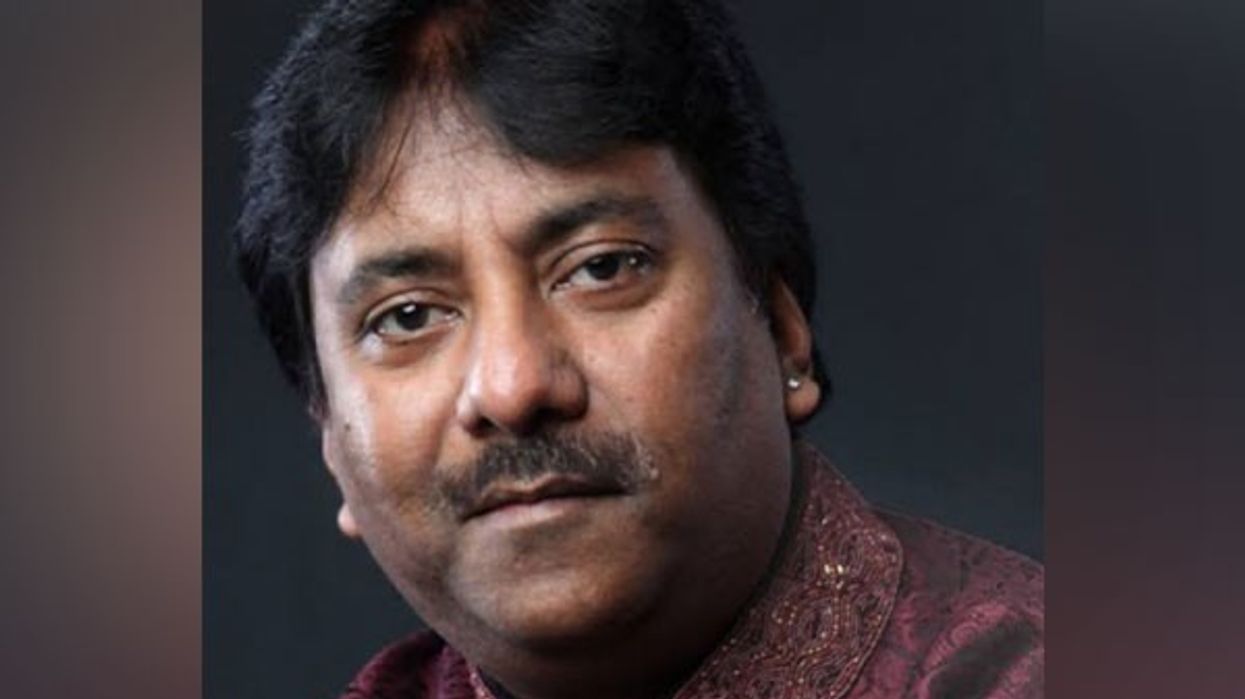Music maestro Ustad Rashid Khan has died at the age of 55. The musician had been battling cancer, and on Tuesday, he breathed his last at a hospital in Kolkata.
Ustad Rashid Khan is the great-grandson of the legendary Ustad Inayat Hussain Khan Sahab, the founder of the Rampur Sahaswan Gharana. He's also the nephew of Ustad Ghulam Mustafa Khan.
He not only immensely contributed to Indian classical music but also weaved magic in Bollywood with his soulful songs such as 'Aaoge Jab Tum O Saajana' from the Kareena-Shahid starrer Jab We Met and Allah Hi Reham in the Shah Rukh Khan starrer My Name is Khan.
As a pall of gloom descended on the music world after his death. Lyricist and screenwriter Prasoon Joshi described Khand as a legend and “a voice through which the divine spoke to us”.
“Rashid Khan's demise is an irreparable loss to the world of music. Fortunate are those who heard him perform. He was an unparalleled treasure. We will meet in the afterlife," he said.
Music director Pritam said losing Rashid Khan Saab is a huge loss for the world of music.
Singer Sonu Nigam also expressed deep grief over the demise of the music maestro.
Taking to Instagram, the singer wrote, “My dear respected elder brother and the pride of classical music of our country Padmabhushan Ustad Rashid Khan Sahab. Who goes like this, brother? All alone. Saddened beyond words. May Allah grant you janat-ul-firdaus. You'll be missed always. Om Shanti.”
Reacting to the news, singer Harshdeep Kaur wrote on X, "Extremely sad news... Ustad Rashid Khan Ji passes away... this is a huge loss to the world of music. He will always be remembered for his excellence in music and his voice will reverberate in our hearts forever Rest in Peace #RashidKhan Saab."
Veteran Bengali singer Haimanti Shukla recalled how they would sing together while travelling to a place in the same vehicle.
"Rashid bhai was a sweet person who was very popular among contemporary artistes. He would wait to get my ‘bhai phonta’ (bhai dooj) every year," Shukla said as her voice choked.
Young Bengali singer Suvamita described Khan as a father figure whose death will be a great loss to the music world.
Another national award recipient singer Iman Chakraborty said, “I cannot imagine Ustadji is no more. This is not the age to die. He had such a mellifluous voice!”




